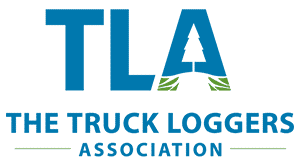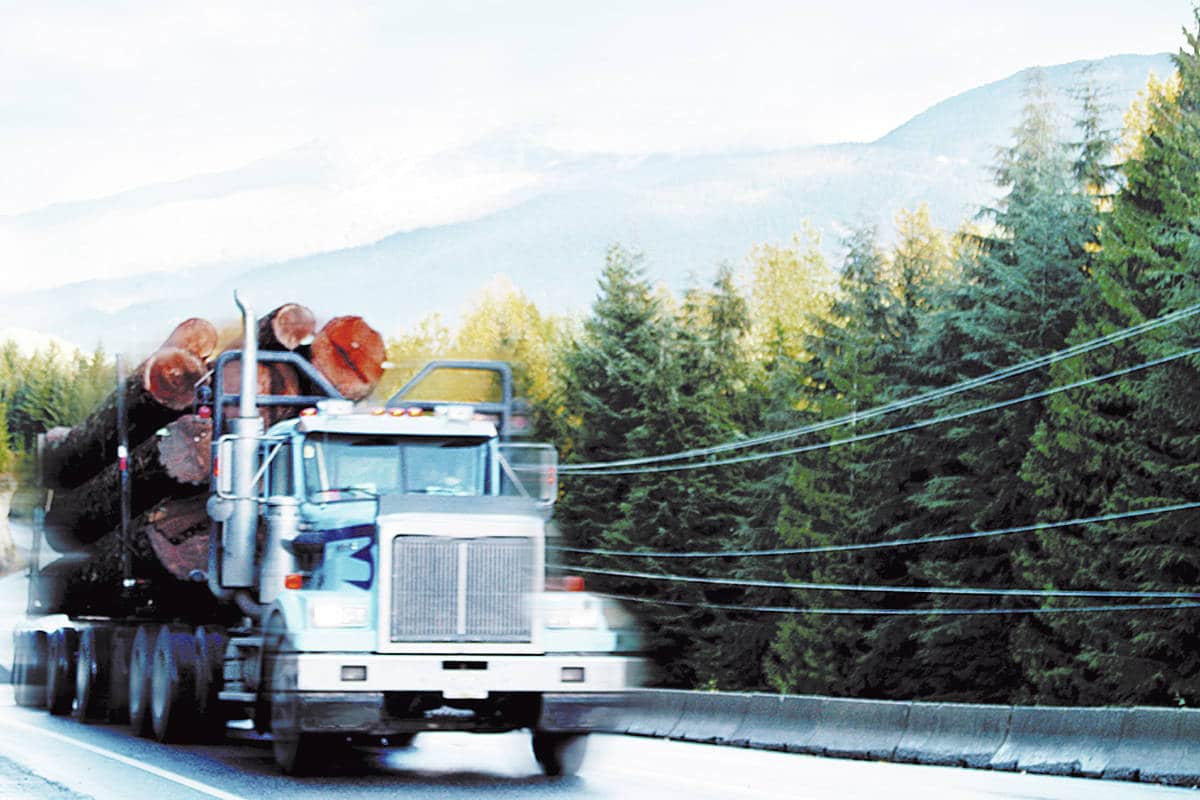B.C. logging contractor sustainability review now completed
VANCOUVER, JAN. 18, 2019 – As a result of the final phase of the logging contractor sustainability review, the ministry will amend the Timber Harvesting Contract and Subcontract Regulation to make forest-sector contractors and licensees more sustainable and competitive in the long term.
Amending the regulation is the recommendation of former provincial premier Dan Miller, who facilitated the last phase of the review.
“This review was done to make sure logging contractors’ paycheques accurately reflect the work they do and their cost of doing business, while also keeping licensees competitive.” said Doug Donaldson, Minister of Forests, Lands, Natural Resource Operations and Rural Development. “By implementing Mr. Miller’s recommendations, logging contractors and their families in communities ranging from Port Alberni and Nanaimo, to Kamloops, Williams Lake and Nakusp, will be better able to count on a stable income to pay their mortgages, put food on the table and repair or replace aging or worn equipment. I’d like to thank Mr. Miller and George Abbott before him, for their work to create a more-unified B.C. forest sector.”
The multi-phase logging contractor sustainability review was launched by the ministry in January 2017 to improve the overall competitiveness of logging contractors and licensees by finding commonalities and encouraging improved and respectful business relationships.
The initial phase consisted of an economic assessment and review of the contracting sector to develop baseline information and identify economic drivers within the sector.
Former provincial cabinet minister George Abbott and his partners in Circle Square Solutions were contracted to consult with contractors and licensees to define issues. They combined the findings with the economic assessment to produce possible recommendations that would result in both enhanced sustainability and competitiveness for both contractors and licensees.
In the final phase, Miller facilitated conversations between contractors and licensees to identify where there was consensus on the recommendations and then make final recommendations for implementation.
Miller largely found that the most financially sustainable top 25 per cent of contractors and licensees already engaged in some level of information sharing, mutual planning and negotiated rate models. Consequently, he has recommended amendments to the Timber Harvesting Contract and Subcontract Regulation to:
- improve transparency by requiring the parties to jointly develop rate models;
- improve work predictability and mutual recognition of changed circumstances where rates can be reassessed;
- establish a timely and effective arbitration process based on the rate model; and
- require mandatory data collection to improve access to information.
In addition, to help ensure that all parties are instituting practices that lead to mutual sustainability, Miller recommends developing a best-practices guide.
“As allowable annual cut levels decline and forest-sector economics shift, it is ever more critical that contractors and licensees – being codependent in the B.C. forest sector – find ways to work together to improve competitiveness,” said Miller. “My final recommendations focus on creating a sustainable environment where a diverse range of contractors and licensees – large and small, single and multi-phase – can survive and thrive in the long term.”
Ministry staff will engage contractors and licensees on regulation amendments later this year.
David Elstone, executive director, Truck Loggers Association said, “Today’s announcement is what we were hoping for and will result in a fundamental change in the relationship between contractors and their employers. These are very positive regulatory changes, and the recommendations will have a significant impact on timber harvesting contractors across B.C., and their future ability to be sustainable.”
Randy Spence, chairman, Interior Logging Association commented,“We asked for a sustainability review of the logging contractors sector to ensure logging contractors have sustainable rates that will allow them to remain in business, and help the sector to be competitive and efficient. Jointly developed rate models and an arbitration structure that is based on sound information will help provide peace of mind for logging contractors looking to get a fair shake for the work they do.”
Susan Yurkovich, president and chief executive officer, BC Council of Forest Industries said, “Contractors and licensees share an important relationship in the forest sector. As with all relationships, there are issues that arise that need to be addressed. The contractor sustainability review has provided a forum to explore opportunities to make improvements that support the overall sustainability of contractors, licensees and the industry as a whole. While there is still more work to do, we are generally supportive of the recommendations that are emerging. We are encouraged by the common desire by all parties to increase transparency and accuracy of data so that contractors and licensees can be sure that rates are both appropriate and competitive. We would like to thank Dan Miller for facilitating a thoughtful and productive process, and we look forward to continuing to work together in the months ahead.”
Dan Battistella, president, Interior Lumber Manufacturers’ Association (ILMA) –
“The ILMA members see the contracting community as a very important and integral part of our business. Our members have always worked with our contractors to ensure we maintain a sustainable working relationship, as the strength of one is dependent on the strength of the other. We are optimistic that these proposed changes will help improve and strengthen our industry moving forward.”
Learn More:











Get Social